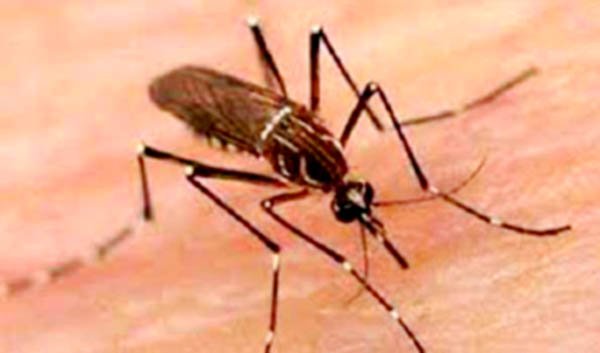Bhopal: Certain areas of the city, including hostels and educational institutions, have become dengue hotspots. Shyamala Hills, Idgah Hills, Gandhi Medical College Campus, Koh-e-fiza, and Lalghati are currently the most severely affected areas by dengue, with 71 confirmed cases in these locations. Shockingly, during the month of October alone, 272 new cases of dengue have been identified, which is a significant increase compared to the 170 cases reported in September.
Despite continuous efforts by health workers from the District Malaria Officer’s office and the health department, including larval surveys, the spread of infectious dengue remains a major concern. This has led to questions about the effectiveness of the larvicides being used to eliminate the mosquito larvae responsible for dengue transmission.
9 new cases of dengue being identified daily
According to the District Malaria Office’s report, on average, nine new cases of dengue are being identified daily in Bhopal. In September, this daily average was five. To address the rising dengue infection in the city, the health department has canceled leaves for its employees. The aim is to intensify fever surveys, larval surveys, and fogging in the dengue hotspots to control the spread of the disease in a timely manner.
In October of this year, a total of 1,844 samples were tested, and 272 of them turned out to be positive for dengue. This marks the highest number of dengue cases reported in a single month since October 2019.
Notably, Shyamala Hills, Idgah Hills, Gandhi Medical College Campus, Koh-e-fiza, and Lalghati continue to be the areas most affected by dengue. Shyamala Hills and Idgah Hills have reported the highest number of cases, with 26 and 23 patients, respectively, while Koh-e-fiza and Lalghati have reported 22 cases each. Interestingly, Avadhpuri, a dengue hotspot last year, has remained dengue-free this year. Similarly, Gandhi Nagar, Vijay Nagar, and Tila Jamalpura have also not reported any dengue cases this year.
The months of September and October have seen the highest number of dengue cases this year, with over 400 cases combined. In September, there were 170 reported cases, and in October, more than 240 cases have been identified so far.
The malaria officer has emphasized that areas where patients are currently being identified are being subjected to fogging, and if mosquito larvae are found, they are promptly eradicated. Additionally, surrounding areas are being treated with fogging measures in collaboration with the civic body.











